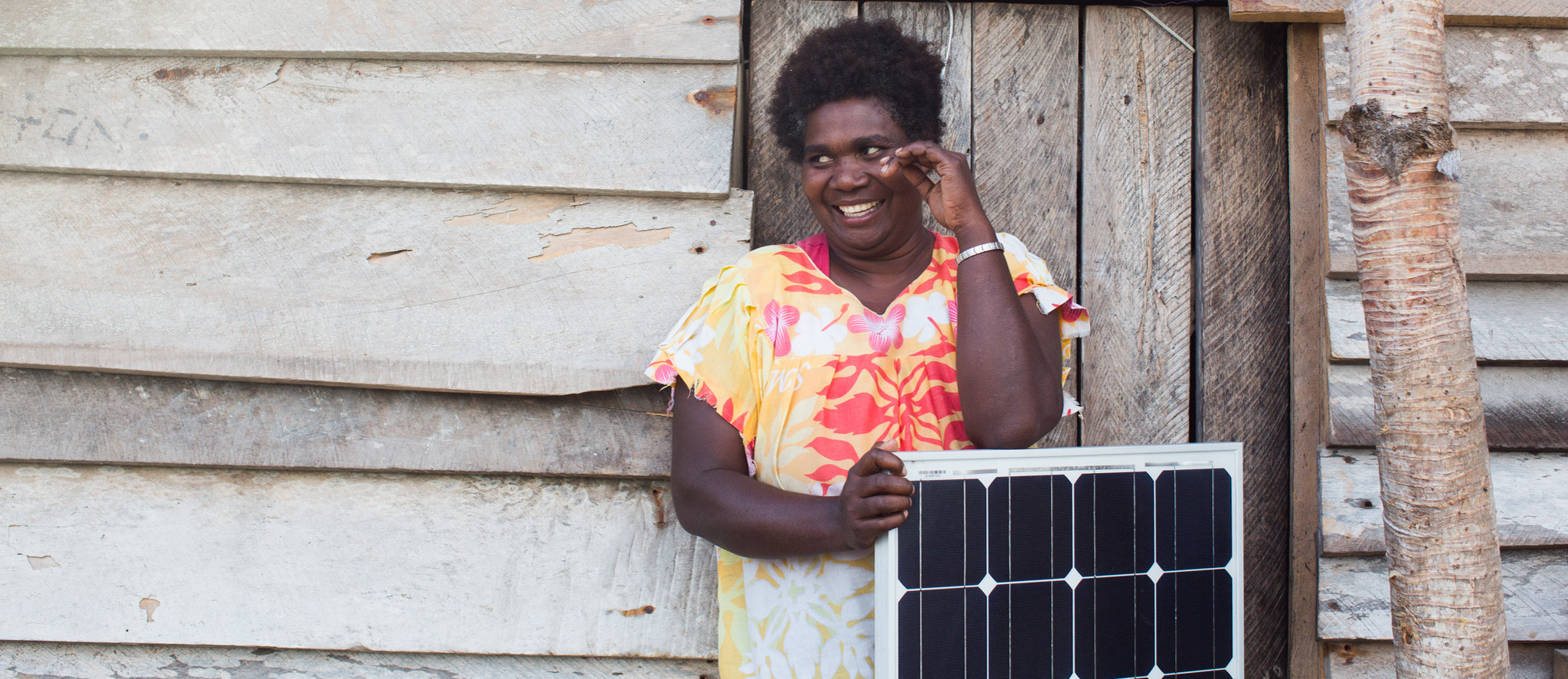Climate justice FAQs
Climate Justice is a complex and multi-faceted issue. To help guide you through, we’ve put together these frequently asked questions with Oxfam’s climate experts.
How is climate change affecting poverty and hunger?
Climate change is making economic inequality worse. The effects of the climate crisis are disproportionally felt by those who’ve contributed the least to the climate crisis. This is true within and between countries and regions.
What should Australia be doing?
Australia, with our immense untapped potential for clean energy, is exceptionally well placed to help drive the energy transition globally. But to date, we have chosen to put the brakes on international cooperation rather than lead. It’s time to use our powers for good. (See Oxfam’s 2019 briefing “Women and Climate Change” for more information.)
Australians have experienced first-hand the destruction wrought by natural disasters fuelled by climate change.
It’s critical that we take the action necessary to restrict global temperature rise to within 1.5˚C, beyond this point many countries will face unmanageable suffering and devastation.
We must take action at home and on the world stage to combat climate change including:
- Making a commitment to reduce Australia’s domestic emissions by 74% below 2005 levels by 2030 and reach net-zero emissions by 2035;
- Developing a concrete plan to phase-out coal and gas from Australia’s energy supply.
Why is Oxfam working on climate change?
We believe all lives are equal and no-one should live in poverty. The climate crisis is the single greatest threat in the fight against poverty, hunger and inequality.
Oxfam, globally and in Australia, was one of the first big development agencies to draw the links between climate change and the lives and prospects of communities worldwide, and in particular its impact upon people living in poverty.
We have been a prominent voice for stronger action for over a decade, bringing a distinct perspective centred, among other things, on gender justice, human rights, inequality, land, dignity, and food security. We bring specialised policy expertise in areas including climate finance, climate change and migration/ displacement, and community resilience.
Oxfam’s credibility on climate change stems from its close connection to many frontline communities throughout the world, its international perspective, long track record of advocacy and action, and specialised knowledge across many relevant issues at the national, regional and international level.
What are we doing about climate change?
We need to find a fair global solution to climate change.
We are working with communities at the front lines of climate change to amplify their voices and to support them in being part of the solution to the climate crisis. Oxfam funds and supports programs that directly help communities to survive in the face of climate change.
What evidence do we have for climate change?
Today there is extraordinarily robust evidence of global heating and its impact upon ecosystems and communities. The Intergovernmental Panel on Climate Change, whose reports represent the most complete and authoritative distillation of evidence from across relevant disciplines, can be found on their website. It is the United Nations body for assessing science on climate change and we reference their extensively researched reports to make decisions and create support programs at Oxfam. Visit the Intergovernmental Panel on Climate Change (IPCC) website.
